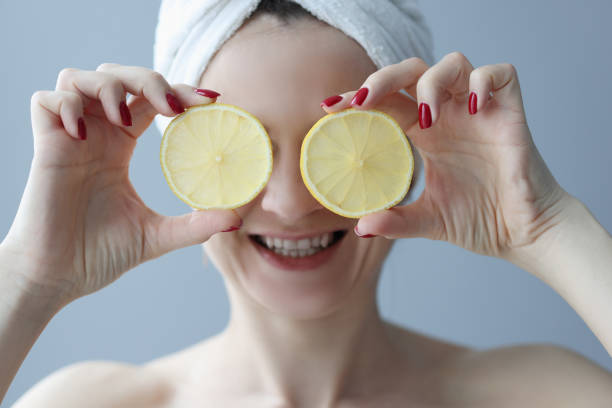
5 Vitamins for Glowing Skin: Why You Need Them + Food Resources
Vitamins are essential for your body to function well and stay healthy. Your skin is no exception. Vitamins play a vital role in skin health. Knowing the vitamins that will give you glowing skin is not enough. It is essential to know which vitamins to use and which ones to eat.
Supplements can be very effective if you have a deficiency. For that reason, it is essential to consult a doctor. You can prevent defects by eating a healthy diet. Adding vitamin-enriched skin care products can also protect your skin from free radical damage. Continue reading to learn more about vitamins and skin.
The Best Vitamins for Healthy and Glowing Skin
Your skin is a reflection of what you eat. Your skin will respond to what you eat. These vitamins help to repair cell damage and promote skin renewal.
Vitamin A: To Prevent Aging and Acne
Retinol is a form of vitamin A that can help you reduce the signs of aging. Retinol, a form of vitamin A, is very effective in reducing the signs of aging. Vitamin A can be applied topically or ingested with other supplements to prevent many skin-related problems.
What does it do?
According to a study, vitamin A:
Reduces wrinkles and fine lines
Increases the production of collagen, which can increase your skin’s elasticity.
Improves skin appearance.
Reducing damage from free radicals ( 1).
Prevents breakouts
A study showed that people with low vitamin A and retinol levels had severe skin conditions such as atopic dermatology ( 2).
The Best Vitamin A Sources
Consume foods such as:
Sweet potato
Butternut squash
Spinach
Egg yolks
Carrots
Seafood
Bell peppers
Cod liver oil
Whole milk
Tomatoes
Vitamin A supplements can also be purchased in pharmacies. It is best to consult your doctor before taking any supplements.
Topical Application
All types of vitamin A are found in skin creams, including Retinoin (Retinol), Renova, Retinol, and Retinol).
Retinol can be purchased over the counter, but you must have a prescription from a doctor to buy retinoids. Retinoids are more potent and may not be suitable for every skin type. The other forms of retinol are milder and generally do not irritate.



